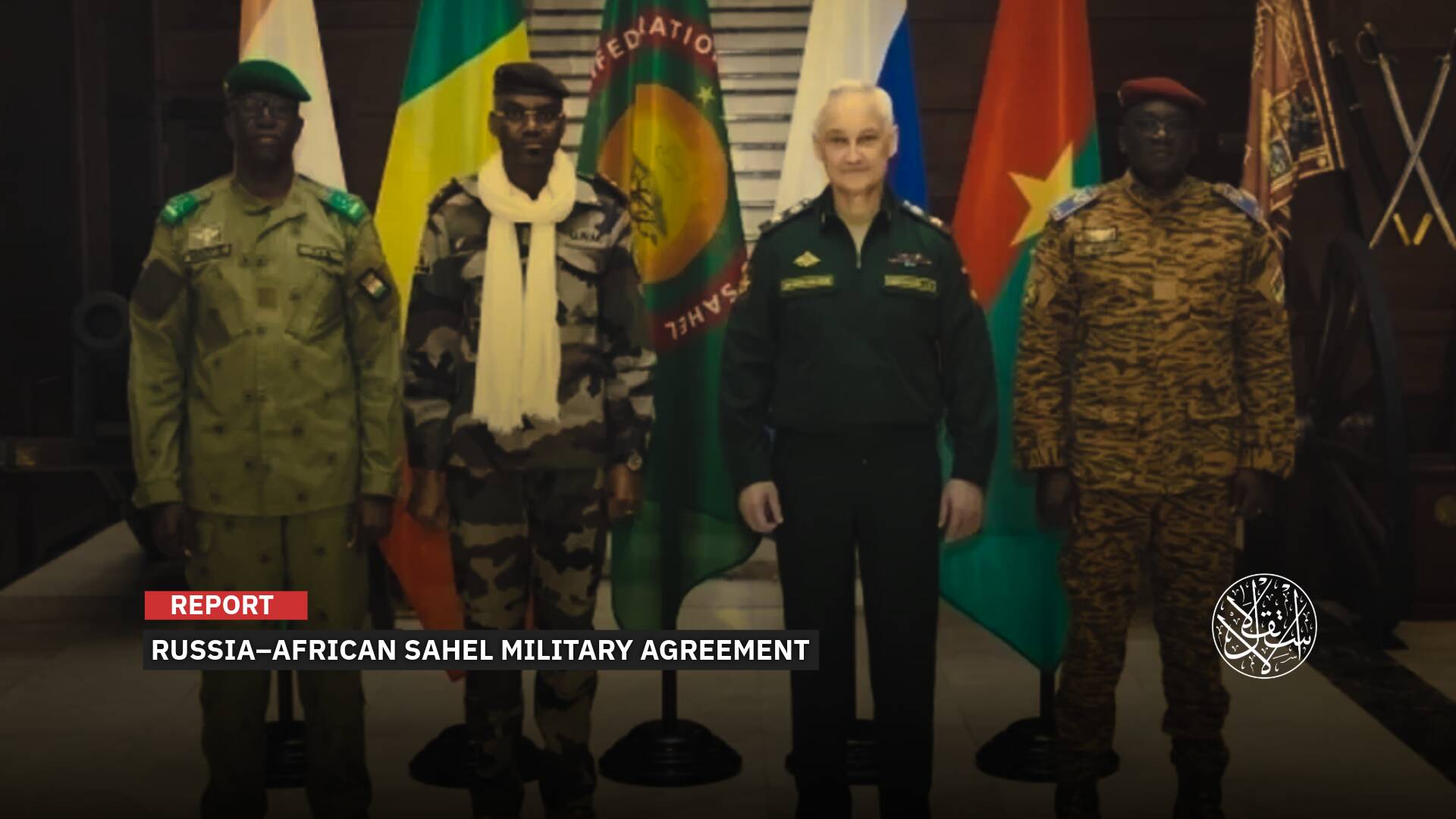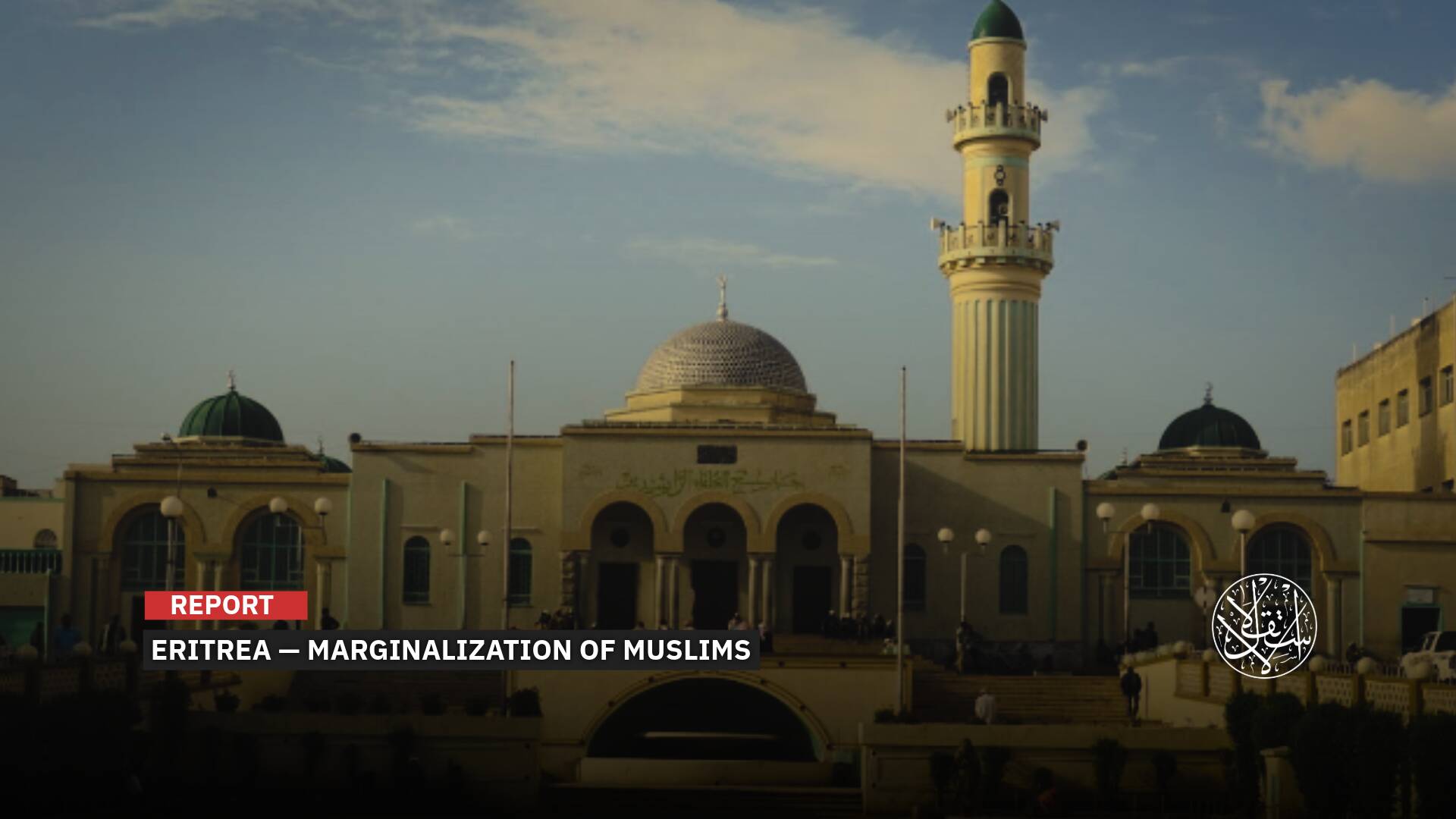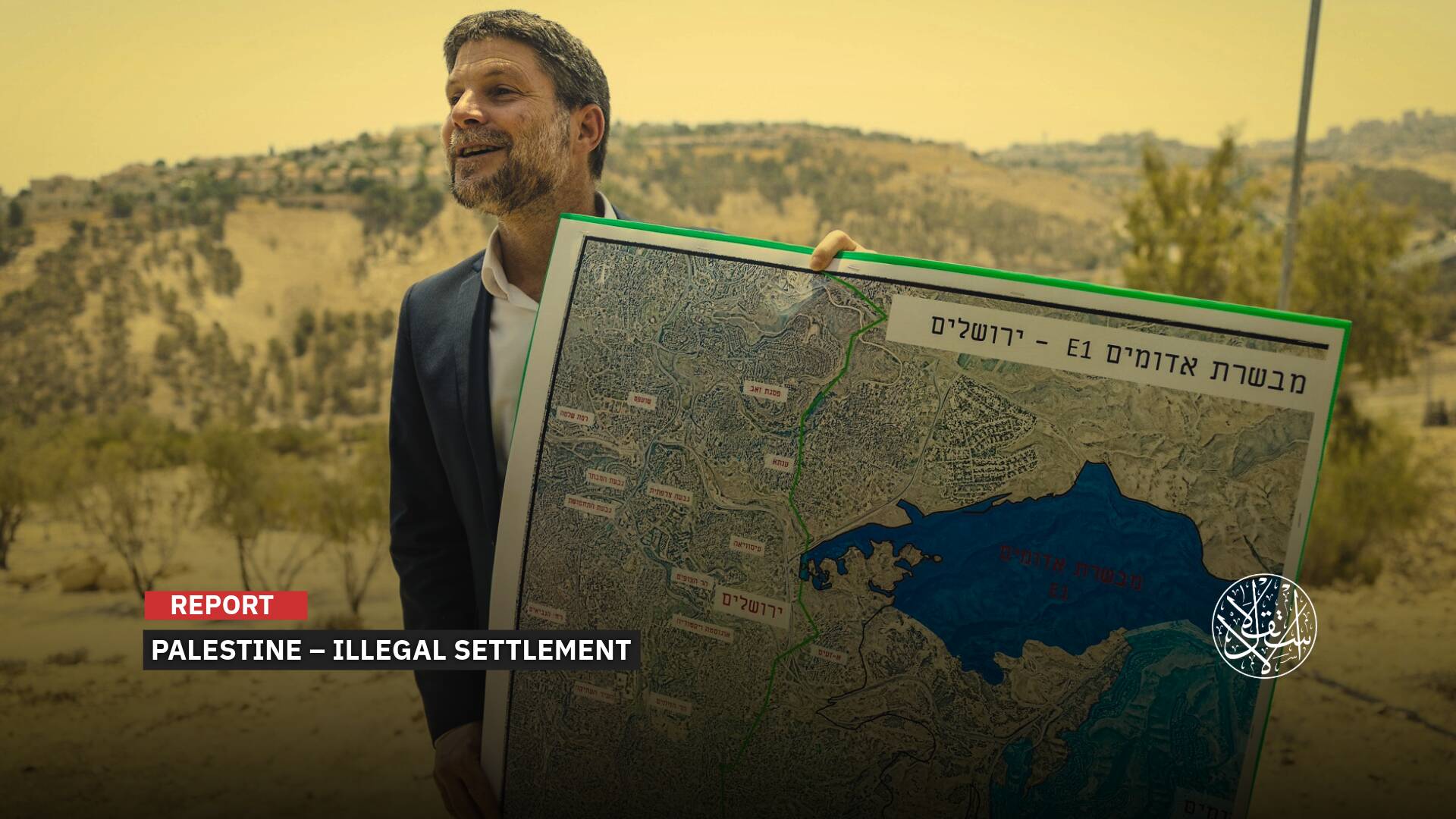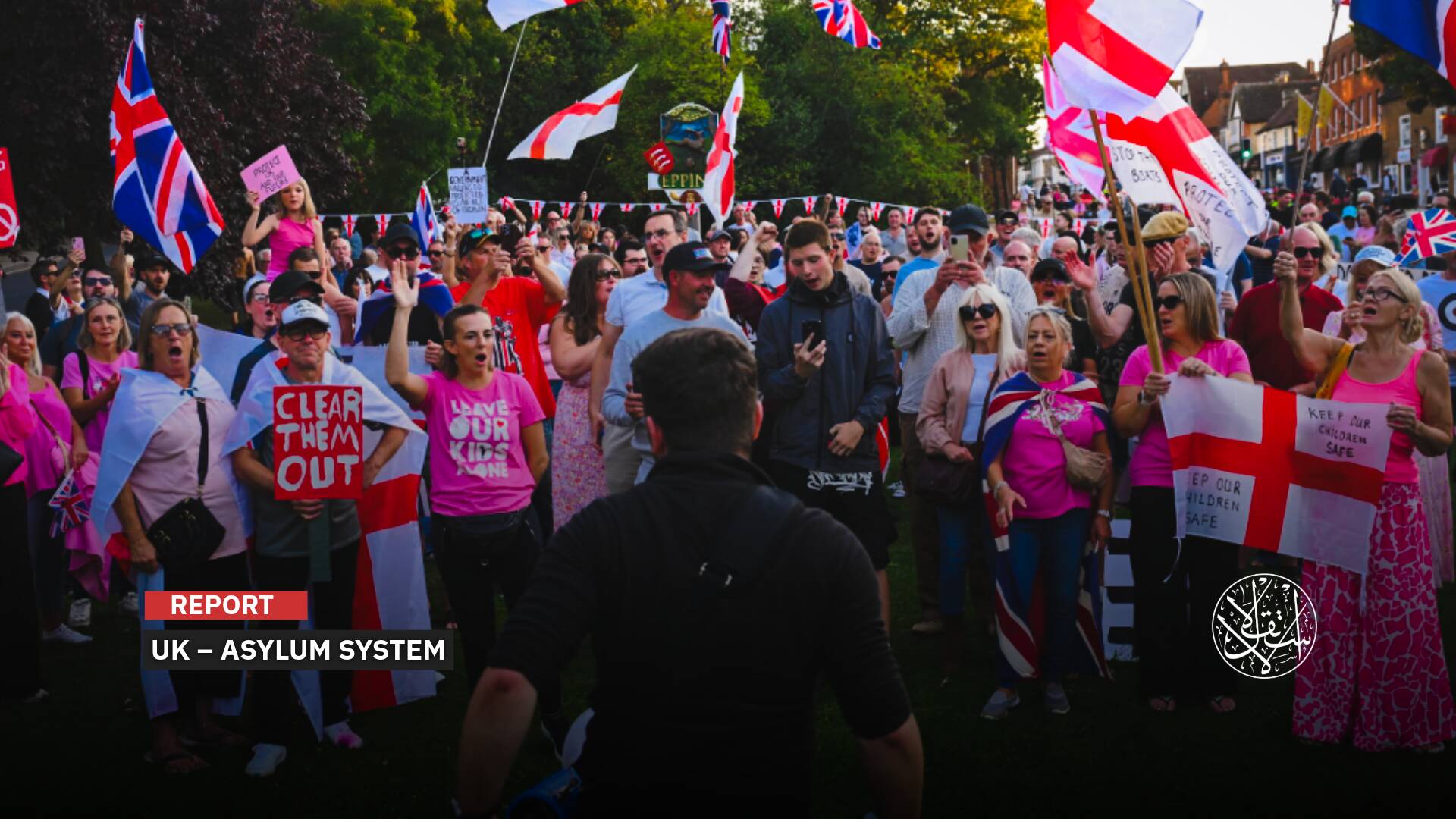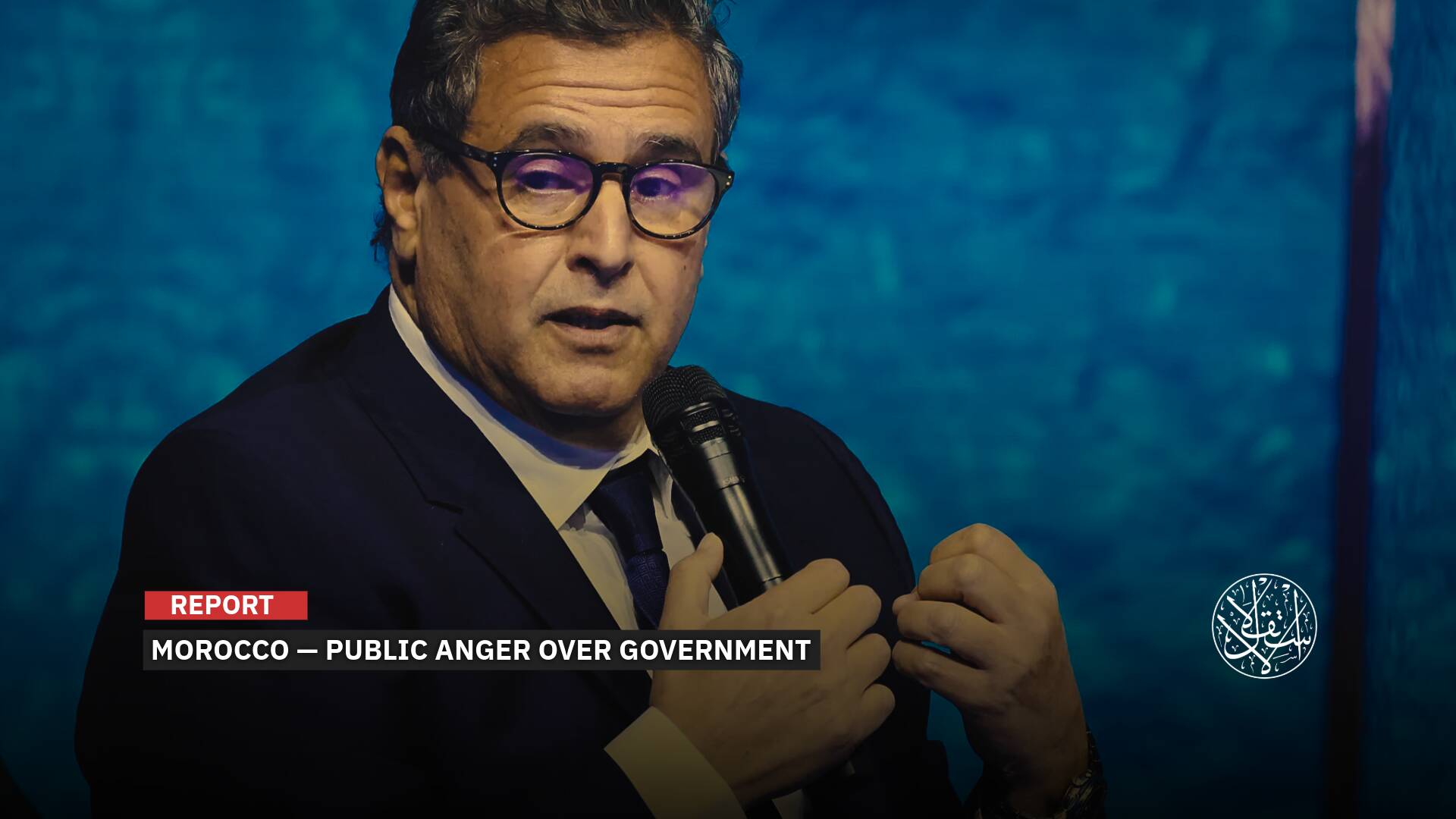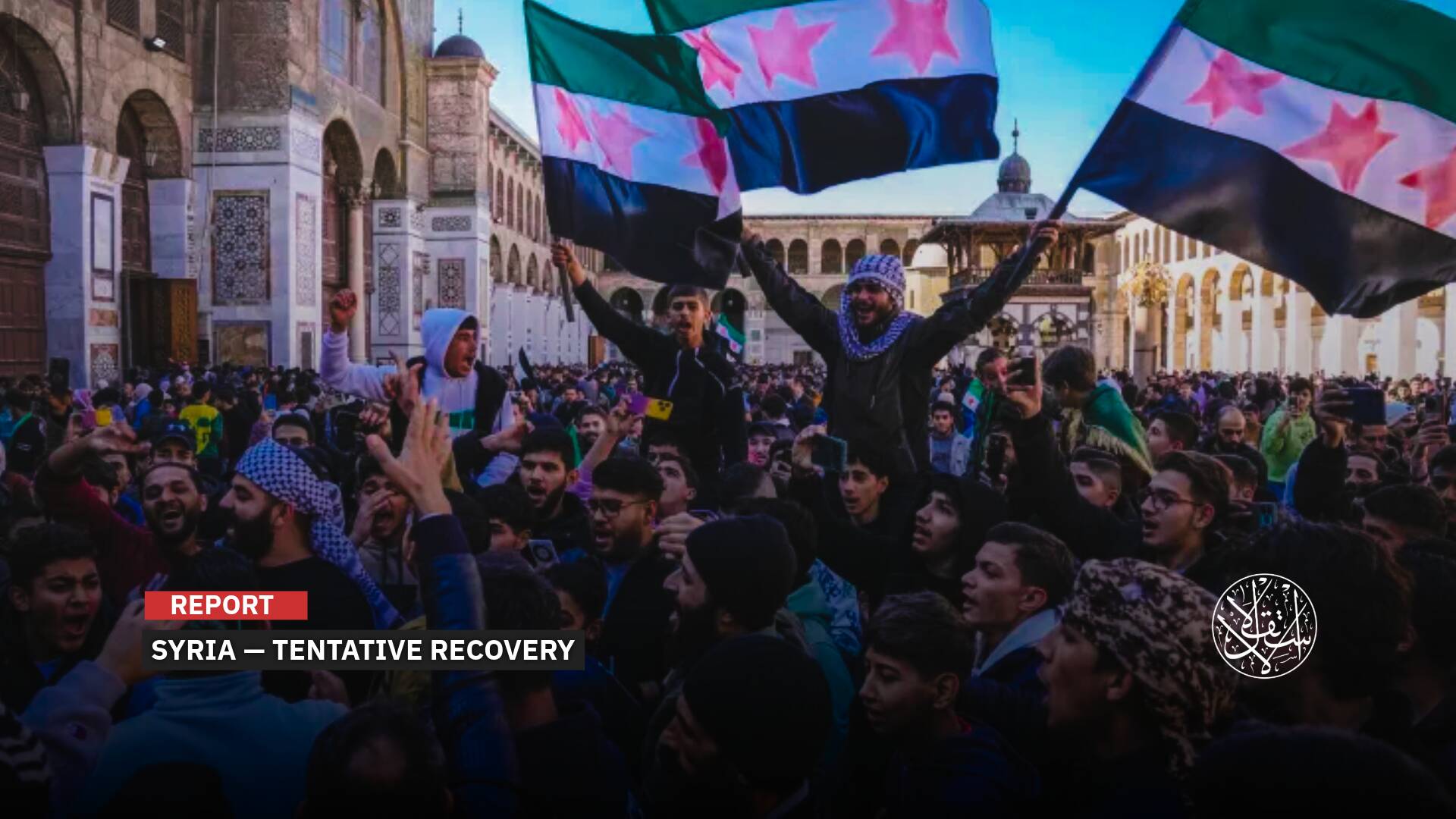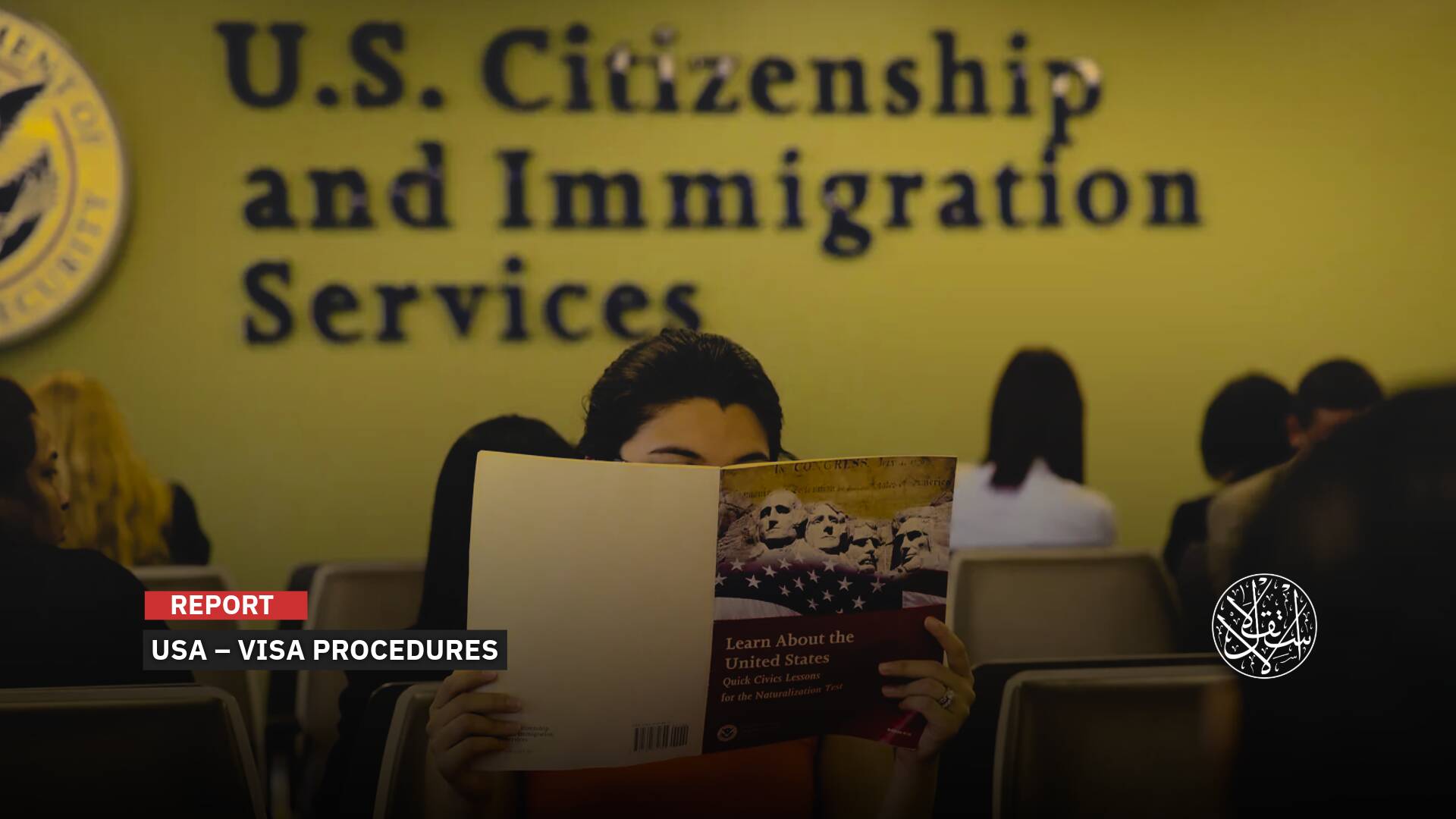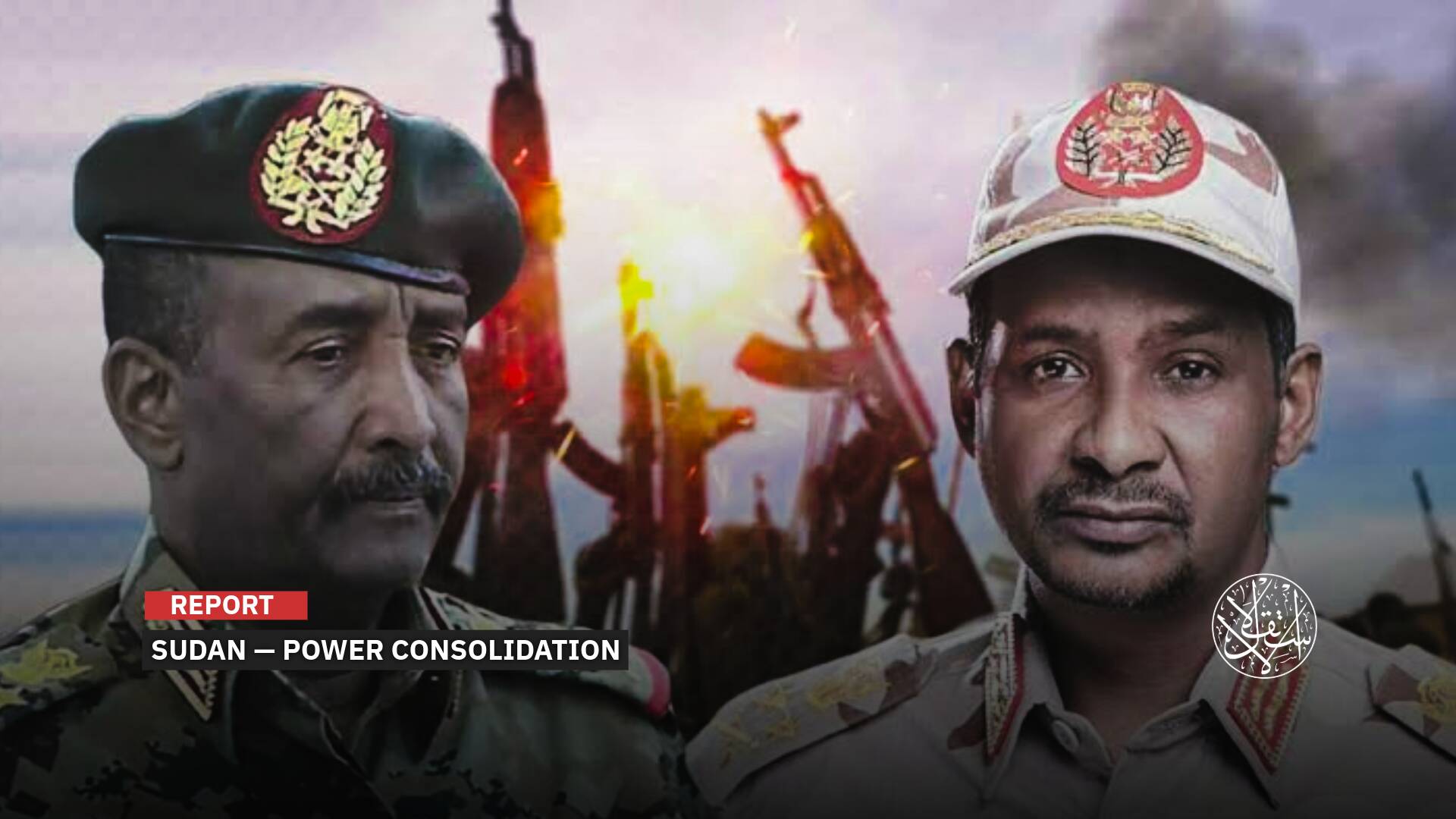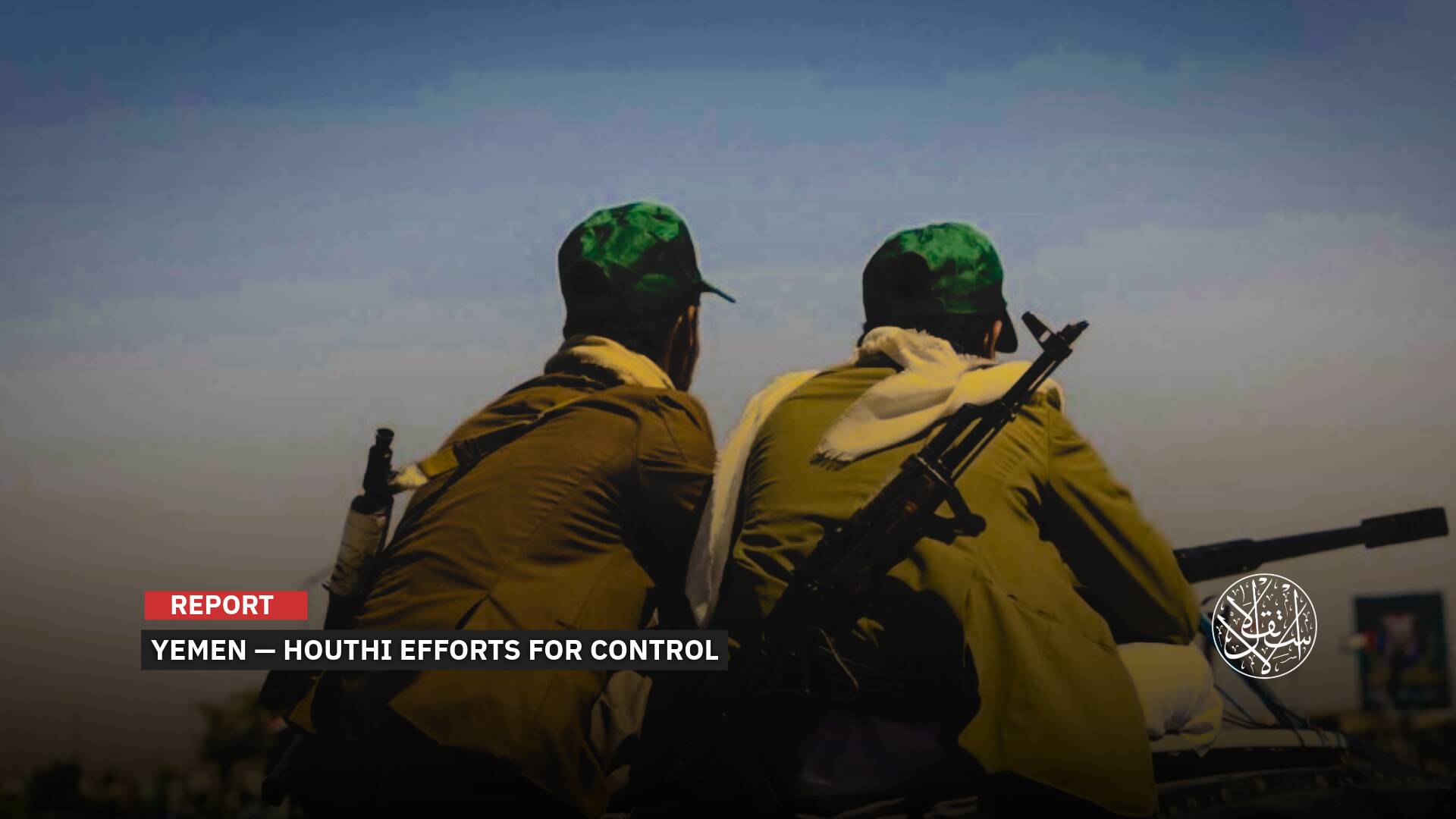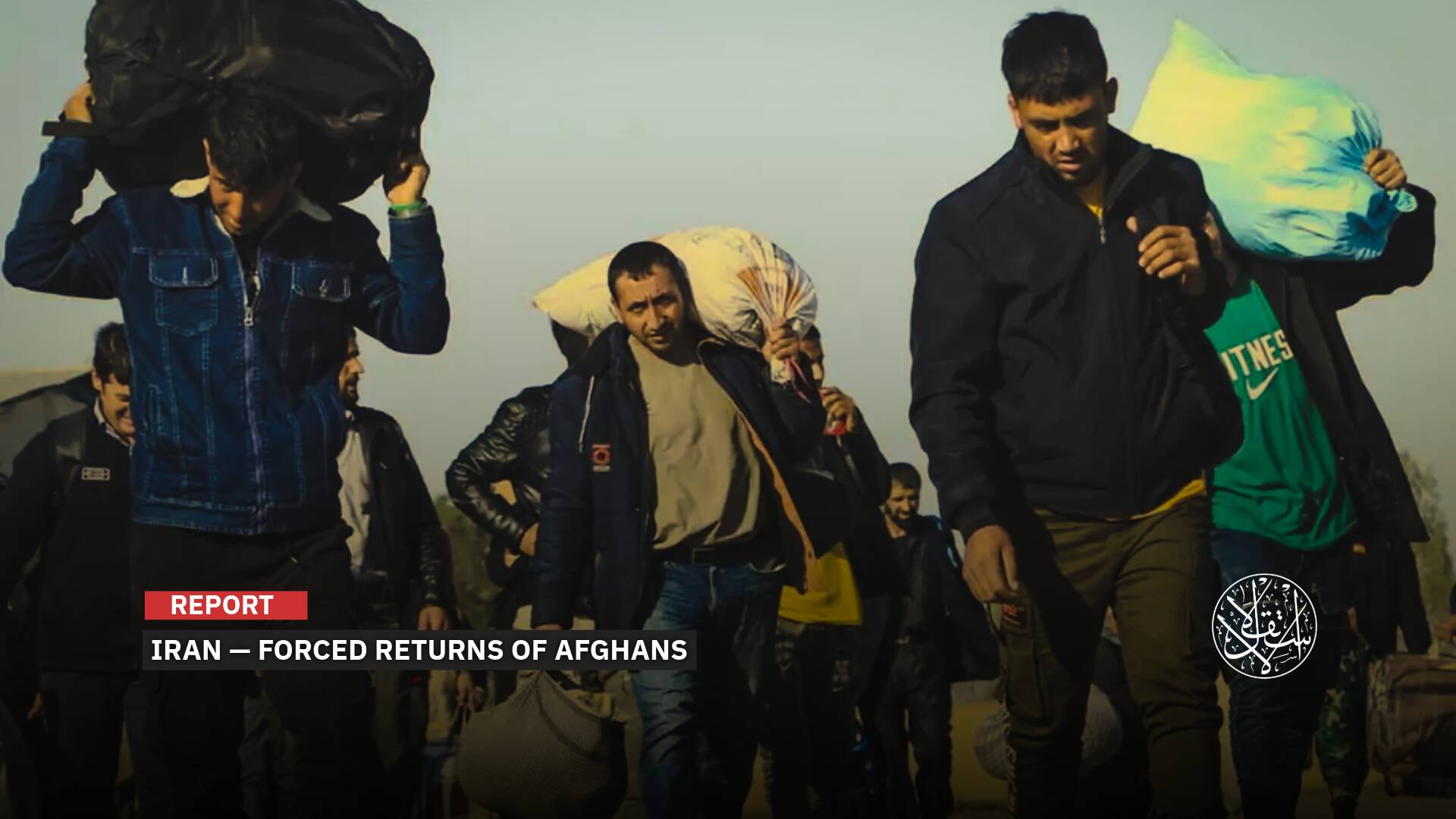'Morocco–Nigeria GAS Pipeline Project' a Big Step for Morocco to Consolidate Its Relations With African Countries
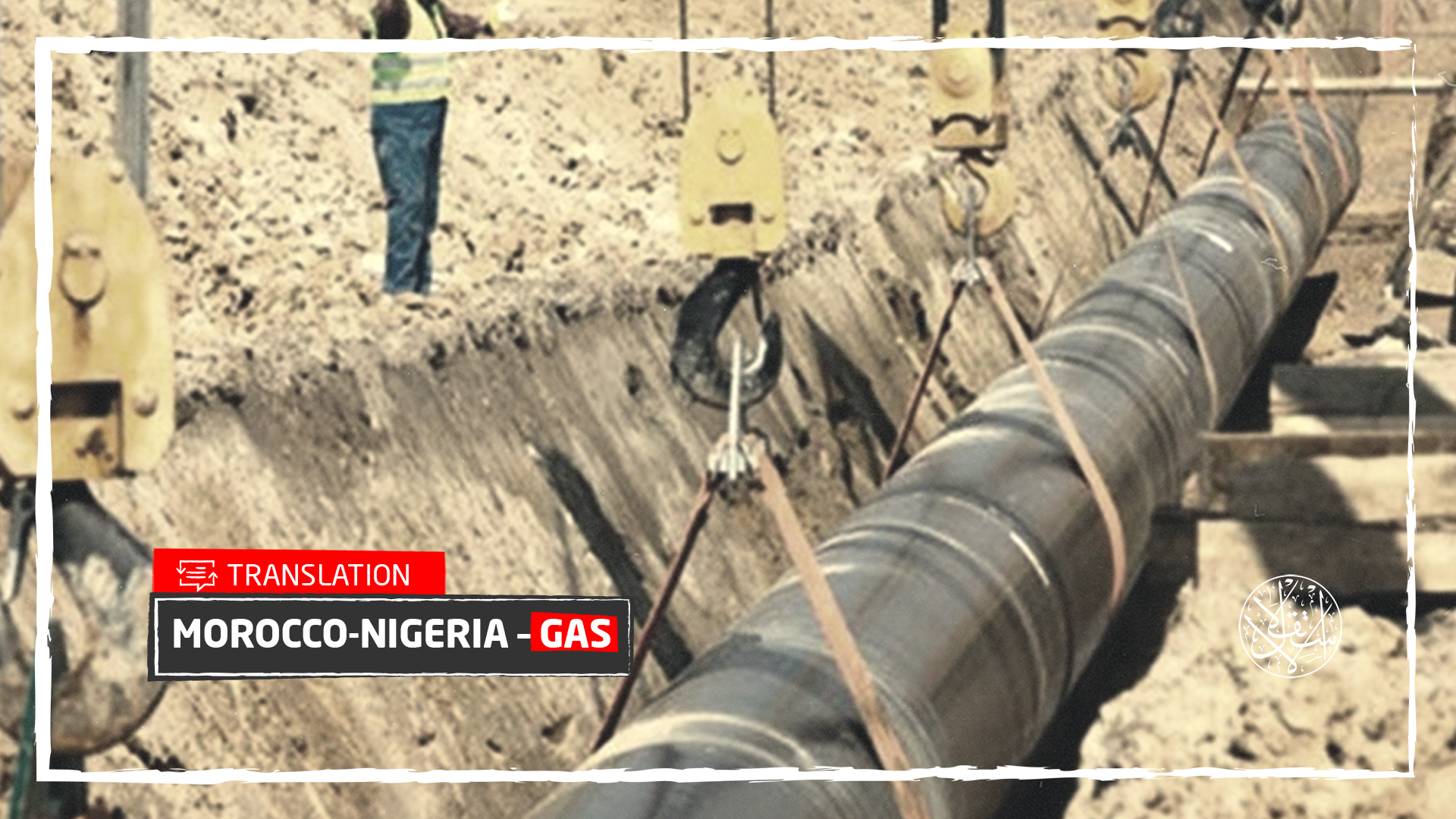
In recent years, Morocco has worked to consolidate its strategic relations with its African surroundings. Africa is Morocco’s natural geopolitical gateway, while Morocco is the vital outlet for the African countries to Europe and the Middle East.
The Director General of the Nigerian National Petroleum Corporation (Government), Yusuf Usman, announced last month that the Nigerian federal government is preparing to build a gas pipeline between Nigeria and Morocco.
This came in an interview conducted by a Nigerian official with the newspaper Nigerian News Direct, in which he said, "The Nigerian government has completed plans to materialize this major project."
The Moroccan strategy has recently demonstrated a desire to tie relations with the African countries. Yet, the Kingdom clearly does not have the means to compete with either the Western powers providing development aid to the South. Thus, Morocco adopted different strategies based on soft power influencing actions. This strategy is based on four pillars: Economic, diplomatic and religious influence.
Gas Pipeline Project
In December 2016, Moroccan King Mohammed VI and Nigerian President Muhammadu Buhari agreed, in the capital, Abuja, to establish this line, which is expected to pass through 11 countries.
Yusuf Usman stated that, "the huge project will pass through the route of the West African gas pipeline, and several countries on the continent will benefit from it."
He explained that some countries that have gas fields, "will pump their production into the pipeline, while other countries that do not produce gas will benefit from it for development purposes."
Concerning the timetable for the completion of the pipeline, he explained that the feasibility study has been completed, and the final financing decision is being approved.
Last month the Moroccan monarch and the Nigerian president said that they intend to continue and complete strategic projects as soon as possible, especially the gas pipeline between the two countries, and the establishment of a fertilizer production plant in Nigeria.
The length of the project is expected to extend 5,660 km, and pass through several African countries, with the pipeline being developed to reach Europe at a later stage.
The pipeline will pass from Benin, Ghana, Togo, Côte d'Ivoire, Liberia, Sierra Leone, Guinea, Guinea-Bissau, Gambia, Senegal, Mauritania and then Morocco, to provide African countries with a source of energy.
Morocco said that the project, if completed, would encourage a merger between North and West Africa, as well as achieving energy independence, and accelerating the pace of completion of electricity extension projects.
Political and Diplomatic Relations
The old approach of King Hassan II, consisting of the exaggerated aspiration to Europe and the hasty withdrawal from the Organization of African Unity had severe negative effects on the development of the Moroccan-African relationship. During the King Mohammed VI era, this orientation has completely changed.
Morocco has actively attempted to regain its influence in the African regional system by resuming membership in the African Union in 2017, knowing that Morocco is one of the founders of the original African regional organization (the Organization of African Unity). However, the king Hassan II withdrew from the Organization of African Unity, during the Nairobi Summit held in 1984 to protest the Polisario representation.
The new orientation means abandoning the policy of the “empty seat” and employing the strong Moroccan-African relations to defend Morocco's higher interests, after the Moroccan government proposed a realistic and serious solution to the issue of the Sahara. The latter solution won the acceptance of most African countries.
Morocco’s aim was not merely acquiring a symbolic representation in the African Union, but also it sought to consolidate its presence and role in the relevant regional institutions and bodies. The country acquired membership in the Economic Organization of West African States and developed close bilateral relations with many Africans countries and leaders.
Economic Relations
The establishment of economic relations and a real development partnership with the countries of the African continent in various and diverse fields is a priority in the Moroccan’s agenda.
The economic relations consist of developing South-South economic and trade relations, with a focus on increasing Morocco’s investment in Africa.
In reference to the volume of developing trade relations, it can be recorded that the sales of Moroccan goods in Africa have tripled during the last decade, reaching more than 2.2 billion dollars in 2019.
The Kingdom of Morocco signed more than dozens of partnership and cooperation agreements with the countries of the region. The focus was in the fields of communications, banking, insurance, air transport, manufacturing and energy.
The proportion of Moroccan investments in Africa reached about 85 percent of the volume of Moroccan foreign investments, and the increase in trade exchange between Morocco and sub-Saharan countries increased by 68 percent between 2008 and 2018.
This progress made Morocco at the forefront of external investors in the continent. Morocco is now the second largest African investor in Africa after South Africa.
Despite the severe crisis of the Corona pandemic, which hit the global economy and affected the conditions and capabilities of all countries, including the largest, Morocco did not stop the economic exchange with Africa.
Religious-Spiritual Ties
Morocco supported the extension of the influence of many Sufi groups whose branches have spread in many African countries, especially the Qadiriya and Tijaniya Sufi groups. In addition to the spread of the Maliki Sunni sect adopted by Morocco, which is known for its moderation, and the supremacy of the values of tolerance and openness to the other.
To this day, Morocco is still considered a religious reference for many African nations and countries. This symbolic authority is the motive behind the recent and successive visits of Morocco's King Mohammed VI to many African countries. The latter is considered by many African mystics as “Amir Al Mu'minin”, a religious title granted to the spiritual leader.
On this basis, he assured the training of many African imams, restoring and repairing a number of mosques and Quranic schools, and printing and distributing hundreds of thousands of copies of the Holy Quran.
Grants were also offered to students coming from different African countries in order to continue their training in various Moroccan universities, including military academies. In addition, it was customary to send permanent invitations to African scholars and jurists to attend and participate in religious lessons, which the King organizes every year during the month of Ramadan.
Morocco has relied on this influence and religious prestige among Africans and has become dependent on it to improve its diplomatic relations with many countries. On the other hand, new relations with the Qadiriya and Tijaniya zawiya were reformulated, and a forum for the affiliates of the Tijaniya Sufis was held in the cultural and spiritual capital of Morocco, Fez.
Many Africans consider visiting Morocco and the Tijaniya zawiya a religious and spiritual duty. Until now, the city of Fez and the mausoleum of Sidi Ahmed Tijani are a shrine and pilgrimage to many devotees and delegations from West and South Africa.


